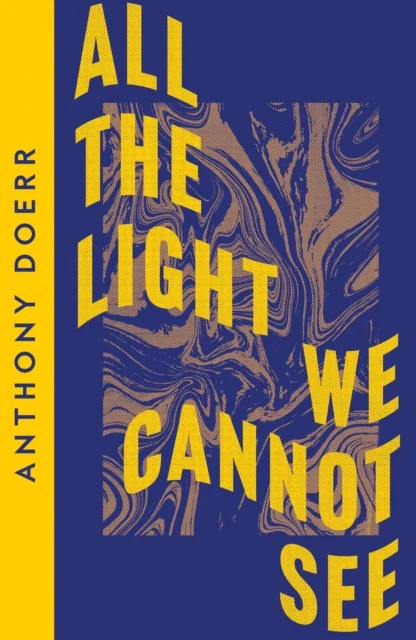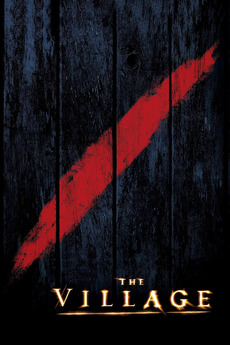Author: Anthony Doerr
Genre(s): Historical fiction
Page Count: 530
Release Date: May 6, 2014
Hope is elusive in a world of injustice. We look for hope in everything: the clothes we wear, the relationships we build, the books we read, the things we learn. Yet, inevitably, the things we create are torn away from us, and we must choose to search again or surrender to the pervasive hand of destruction. “All the Light We Cannot See” by Anthony Doerr follows Marie-Laure LeBlanc and Werner Pfennig and their pursuit of hope in a Nazi-infested Europe. It shows that a single person–a single action, a single song, a single sliver of light–can be enough to illuminate entire lives.
“All the Light We Cannot See” switches between the points of view of LeBlanc from France and Pfennig, a German orphan. These two protagonists showcase vastly different experiences within a war-torn Europe: LeBlanc must find joy in a foreign town threatened by Nazi occupation, while Pfennig fights to retain his humanity within a Nazi training academy. Through these characters, readers witness the steady decline of humanity ushered by the Nazi regime and how people learn to accept and adopt the reprehensible actions of their leaders.
Each chapter is short–at most 5 to 6 pages–and switches between both of the main characters. There are also acts, or groups of chapters, that switch between a past narrative (the childhoods of LeBlanc and Pfennig) and a present narrative. Most of the story is told using these jumps until they meet within the last chapters, after which the story continues in a singular narrative. While the frequent point-of-view and time-switches might seem nauseating, Doerr utilizes them in a way that makes the story easy to grasp. These quickly-changing viewpoints and short chapters, mixed with suspense woven into even the most innocent moments, make for a book that is truly hard to put down. Additionally, Doerr combines scientific, philosophical, literary, musical and historical allusions with poignant prose that instills beauty within the bleakest circumstances, making slower moments resonate with readers the most.
Despite its length, “All the Light We Cannot See” stands out as a particularly digestible read. The quick pacing and suspense make it feel far less dense than it is, and only when you’ve finished the book can you realize how long the journey has lasted. There is no reason not to read this book: it is thrilling, calming, innocent, grotesque, uplifting and demoralizing combined into one. It shines a light on the best and worst of humanity, and these are things we should look upon before they’re gone forever.
Recommended by Chloe Stout, Political Science Major, Junior.
If you have any book recommendations, send them to @justkierce on Instagram.







